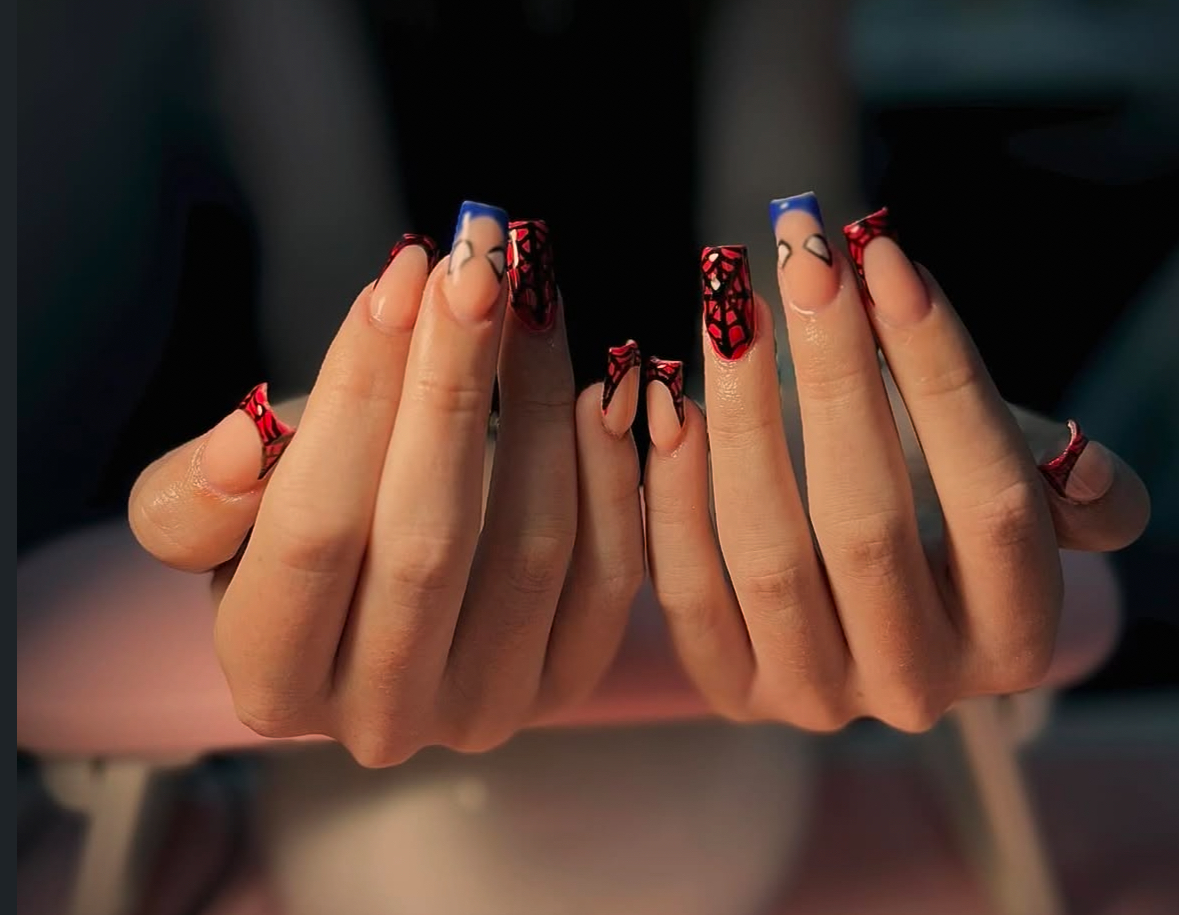THE WINTER blues are hitting students and teachers harder than ever before. As the sun sets earlier, the weather gets chillier, and the assignments start piling up, everyone seems sadder.
“Wintertime is harder for those people to swallow because they’re not used to it still being dark at five in the morning,” said Mindy Leonard, a social worker at Granger High.
Often seasonal affective disorder can also get in the way of enjoying the holiday season, “Christmas is a shining light, but I feel like I would be able to enjoy it more if I wasn’t affected by S.A.D,” Kylie Skousen (11) said. Seasonal affective disorder can also affect people’s hobbies because they don’t find enjoyment in the things they used to enjoy.
Seasonal Affective Disorder, better known as Seasonal Depression, is a form of depression that has a seasonal pattern. The disorder normally starts in the winter. It is caused by a lack of sunlight and a loss of the chemical serotonin in your brain. The study of Seasonal Affective Disorder was started in 1984 by Norman Rosenthal. The study was re-opened in April 1997 and added more proof to the disorder.
“It was a lack of energy for simple things or things I enjoy. I felt like the things I was passionate about weren’t fun things to do,” Kaylee Kim (9) said.
With more awareness around the subject, it will help people know what they’re feeling. Seasonal Affective Disorder can affect anyone of any gender or age. The disorder is more commonly found in sunnier states or countries.
People coming from places like California, often have a harder time adjusting to less sunlight.
Many people suffer from S.A.D, but the best thing to do to take care and learn what works. “I started reaching out to people to help, so I wasn’t just sitting in my room making it worse,” Kim said.
There are many ways to help get through this sad winter season. Lights that mimic sunlight or vitamin D supplements can help.
“During the winter months I will double my intake of Vitamin D supplements,” Oliva Nielson, a social worker at Granger, said. Self-care is also a very important thing; eating a healthy diet and getting a good amount of exercise can be small things to get you in a better mood.
“Diet and exercise affect everything, along with sleeping habits, so the better you can do your own self-care, the better you can do all the way around,” Ms. Leonard said.
More learning and research of Seasonal Affective Disorder will help everyone better understand how to improve moods in the winter. So just remember spring is only a few months away, and Lancers who take care of themselves during the winter will feel much better in the spring.







